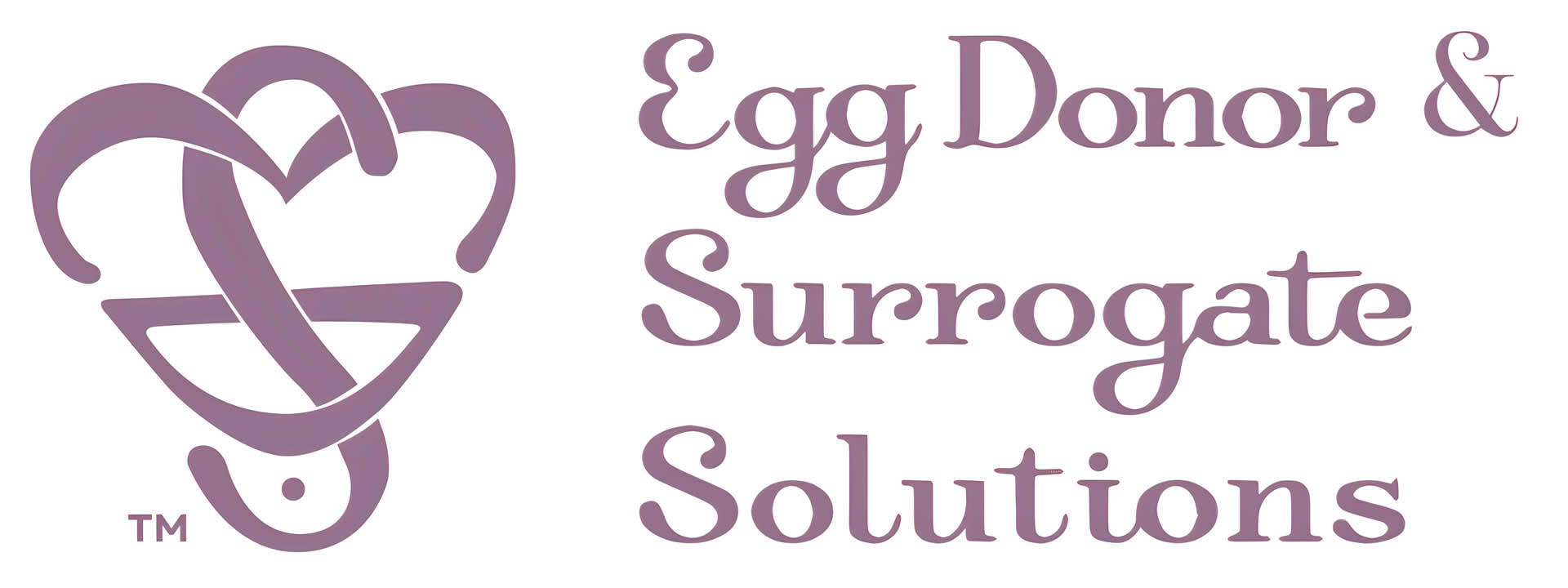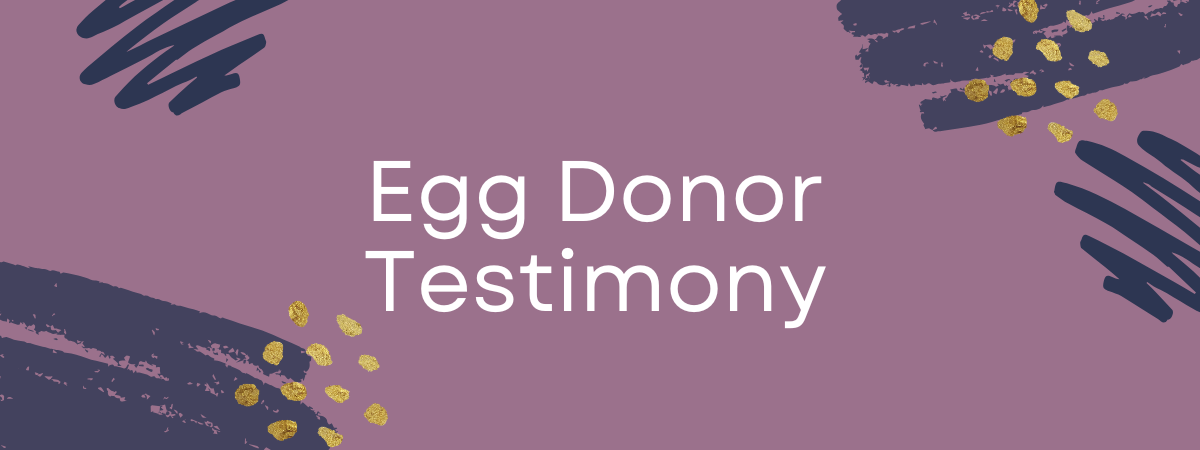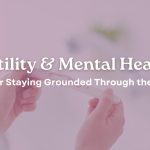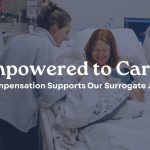There are many benefits to being an egg donor. You get to help intended parents who otherwise wouldn’t be able to have children create their happy family. There’s also the financial compensation, which has enabled many donors to pay off debt, save for a home, travel and even have their dream wedding.
Lisa*, a three-time egg donor who used her compensation to put a down payment on her home, shared that the best part of her experience has been “being able to help a family all while helping [herself].”
Another benefit is the valuable information donors gain about their own health and fertility during the medical screening process. The tests donors receive, as well as the education provided by the Care Coordinators at Egg Donor Solutions (EDS), offer donors important insight, which can help them to make informed decisions and advocate for their health.
Fertility and genetic testing In addition to a psychological evaluation, egg donors typically receive the following tests during the medical screening process:
- AMH (anti-mullerian hormone) and FSH (follicle-stimulating hormone) to measure egg quality and quantity
- Pelvic ultrasound to examine the ovaries
- Screening for sexually transmitted diseases (STDs)
- An evaluation with a genetic counselor to identify hereditary conditions that could be passed on to a child
Lisa explains how the egg donation process was a learning experience for her. “I’ve learned about the power of science through IVF. Being able to witness my body go through the changes and produce eggs was a very cool and personal experience,” she says. “Learning about my body when I did genetic testing was also very good information to have, so that I am able to better take care of myself.”
Advocate & Ask Questions After experiencing ovarian hyperstimulation syndrome (OHSS) during her first egg donation cycle, Lisa learned about the importance of advocating for herself and asking questions.
“The first time I donated, I was very intimidated to ask questions about my medication and the symptoms,” she explains. “I remember starting to feel the symptoms, but it was all new to me, so I didn’t say much. Now, if I have any doubts or concerns, I make sure I ask about them.” And she encourages other egg donors to do the same. “Don’t be afraid to ask questions,” Lisa advises. “Ask your coordinator and the staff at the clinics. There is no such thing as a silly question.”
Lisa says that her two subsequent egg donation cycles “were a breeze,” and she has loved her experience working with EDS. “The staff is so sincere and always looking out for egg donors,” she says. “Having a supportive coordinator from EDS makes the process easy every time!”
Be the Solution! Egg donors like Lisa are the solution to helping intended parents create their happy families.













